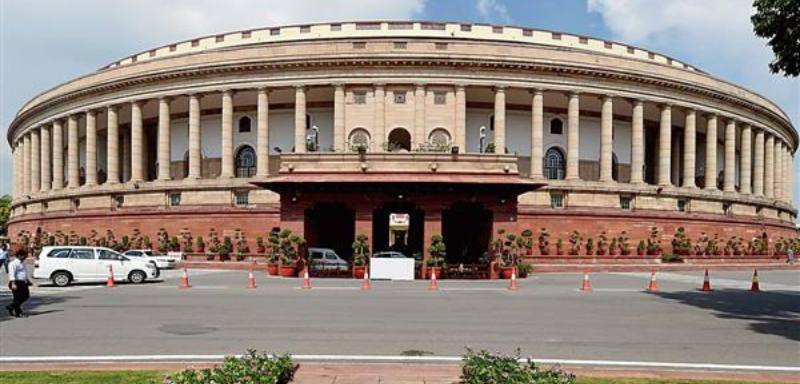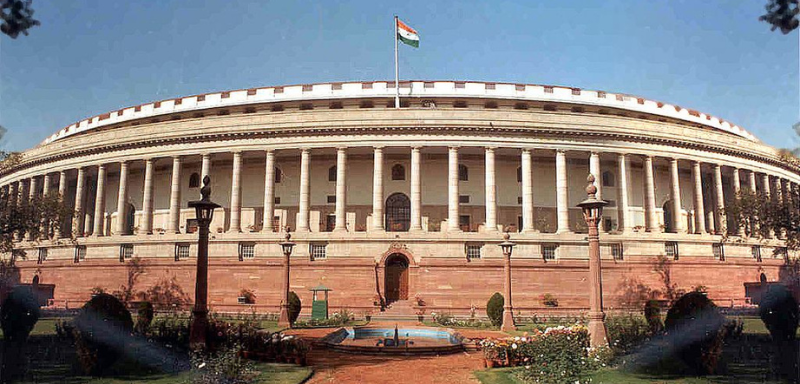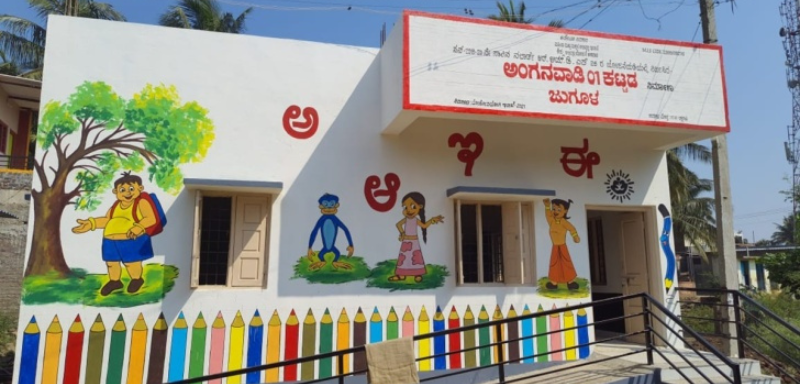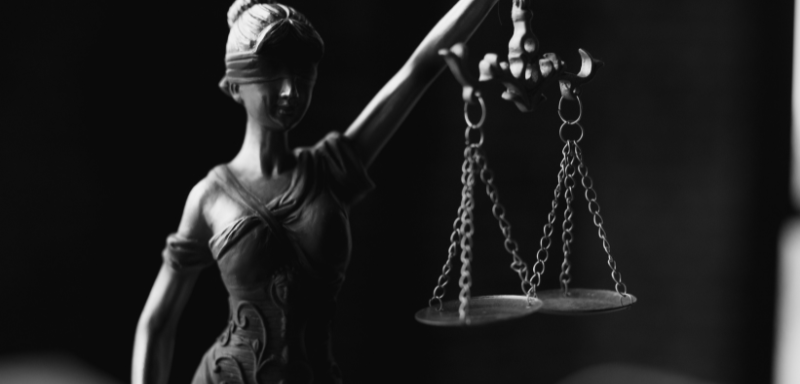
At CCL, our team continually strives to contribute to the discourse on child rights, child protection, and access to justice initiatives. In line with the same, our social workers authored a paper for the Fourth Issue of the Children First Journal on Children’s Lives published by the Delhi Commission of Protection of Child Rights (DCPCR). The paper drew from the social workers’ experience of preparing Social Investigation Reports (SIRs) and capturing the voices of Children in Conflict with the Law (CICLs) and their families. The SIR is a detailed and comprehensive report of a child which encompasses information pertaining to their social, economic and psychosocial situation and circumstances, other relevant factors, and the recommendation thereon (Rule (12(xvii)). It acts as a tool to aid social workers and the Juvenile Justice Board (Board) in understanding the circumstances of the CICLs through a psychosocial lens.
The purpose of this article is threefold – first, to shine light on the disposition of children in the juvenile justice system; second, to document good practices for conducting SIRs (and similar tools) and third, to rethink the effectiveness of the tool in its current form. The paper also highlights the learnings and provides suggestions for preparing effective SIRs.
Link:
https://cfjournal.dcpcr.delhi.gov.in/index.php/dcpcr-children-first-journal/article/view/104

On the invitation of the Department of Woman and Child development (DWCD), Government of Karnataka, and the Ministry of Women and Child Development (MWCD), Government of India (GoI), a representation was made by NLSIU, representing Centre for Women and Law (CWL), NLSIU, and Centre for Child and the Law (CCL), NLSIU on 26th May 2022 to the Parliamentary Standing Committee on Education, Women, Children, Youth and Sports.
Two issues that were discussed at length during the meeting were:
- Void Ab Initio status of child marriages
- Raising the age of marriage for girls from 18 years to 21 years
Through this submission, key points pertaining to these issues that have emerged from the studies conducted by NLSIU were highlighted. The submission made to the Parliamentary Standing Committee can be found here.

High level of malnutrition in India calls for policy interventions at national level and being the apex legislative body the role of Parliament and engagement of parliamentarians on the issue of malnutrition is critical. CCL undertook a research based on the review of two decades of parliament questions and their responses in relation to a timeline of critical nutrition events to identify key themes, trends and patterns observed in the discourse on nutrition and attempted to identify what provoked these questions being raised by the parliamentarians.
Key questions:
- What are the trends and patterns associated with parliament questions on nutrition for the period 2000-2021?
- What are the critical events and probable triggers that have influenced the discourse on nutrition at the Parliament for the time period 2000-2021?
- How can the composition and quality of questions raised in the Parliament on nutrition be strengthened?
Methods: A mixed approach, comprising quantitative and qualitative techniques was undertaken and executed through the following steps:
- Data extraction: Extraction of questions from web-based archives of Lok Sabha and Rajya Sabha, based on session, house and ministry
- Categorization and review: Data entry as per pre-finalised formats and review
- Data analysis and documentation: Thematic and matrix analysis paving way for identification of trends, patterns, triggers and critical events affecting the discourse on nutrition

A Public Interest Litigation has been filed in the Hon’ble High Court of Karnataka that the number of anganwadi centres in the state is inadequate to cater to the needs of the population. The Hon’ble High Court and a committee headed by Hon’ble Justice A.N. Venugopalagowda, has directed the Department of Women and Child Development, Government of Karnataka to submit a report on the action taken to establish Anganwadi Centres in the state.
In pursuance of this direction, the department commissioned CCL to conduct a study on the adequacy of the number of anganwadi centres in tribal and urban areas of the state and to assess the status of functioning of the already established centres in these areas.
CCL undertook secondary analysis of the available data and identified the number of anganwadi centres required to be established in tribal and urban areas. Based on this data, field visits are being carried out in Belagavi, Bengaluru Urban, Chikkamagalur, Chitradurga, Haveri, Kalaburgi, Mysuru, Vijayanagara and Uttara Kannada districts to analyse the status of anganwadi centres.
The key objectives of these visits are to understand:
- Reasons behind non-establishing anganwadi centres as per the population norms;
- Reasons behind non-functioning of anganwadi centres where established;
- Issues related to accountability, community participation, basic infrastructure etc.
- Specific issues faced in tribal and urban areas affecting functioning of anganwadi centres.

Although the Juvenile Justice (Care and Protection of Children) Act, 2015 promises a speedy inquiry in all cases, including disposal within six months for petty offenses, the Juvenile Justice Boards, like the adult courts, are plagued with delays. Cases often go on for three or four years, especially in serious and heinous offenses, by which time children are often already adults. In an attempt to understand the reasons for these delays, CCL is launching a study on pendency before the Juvenile Justice Boards in Bengaluru.
With the exception of a 2015-16 UNICEF study on cases pending before boards in Assam, there has been almost no attempt to analyze the reasons for pendency of cases before JJBs in various states. Further, this study preceded the enactment of the new Juvenile Justice Act in early 2016. Hence, this study will be imperative to informing the research gap and thereafter shaping the manner in which stakeholders in the juvenile justice system deal with case pendency.
In the study, CCL will analyze the progress of cases to identify the stages at which delays are most common, and to understand the reasons for delays at each stage. The data from the study will be collated into a research report with sharply focussed recommendations to stakeholders in the system to reduce the pendency of inquiries before the JJBs, and enable efficient functioning of the system.





